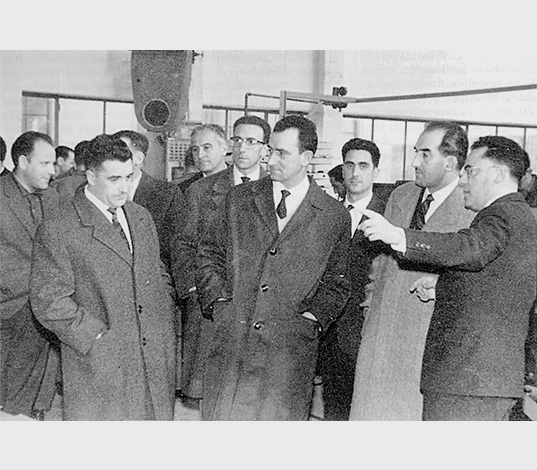Twenty years had passed since Father Arizmendiarrieta passed away and forty since the start of the Co-operative Experience. “The best tribute we can dedicate to Father José María is to work as a Group” said an article in T.U. Lankide, something which was still applicable and still had meaning.
The promotion of a continuous and quantitatively important investment policy, led to dynamic growth in employment which by the end of the year totalled more than 30,000 jobs. The insurance and leasing activities linked to the Financial Group had now come of age and their combined results were, for the first time, in excess of €6m, well above the forecasts.
It is worth highlighting the participation of Urssa in a number of important projects, amongst which the metal structure for the Guggenheim Museum in Bilbao and two viaducts in Baix Llobregat stood out; together with international projects like supplying the metal structure for the Luo Huang power station in China, worth €7.8m.
































